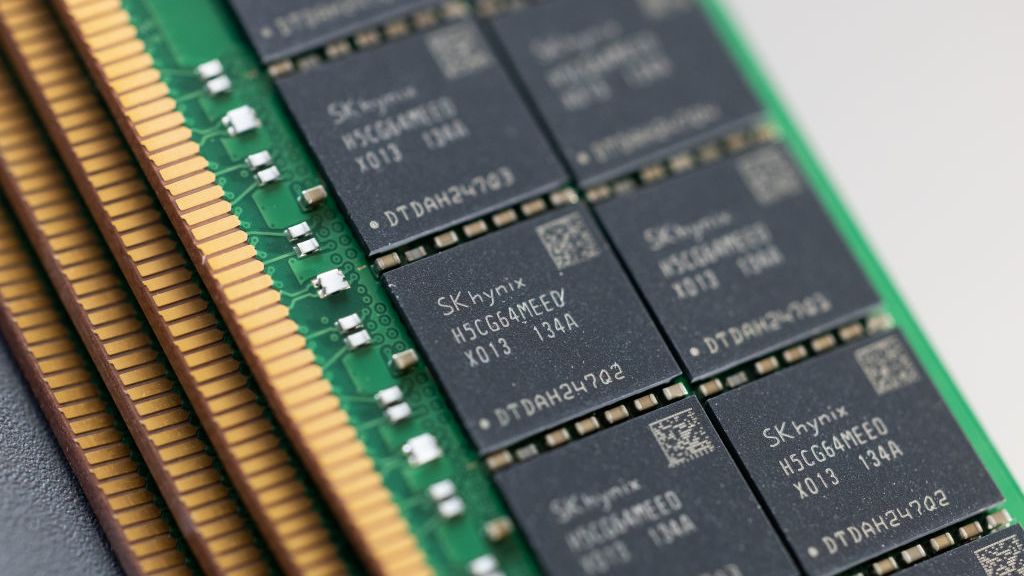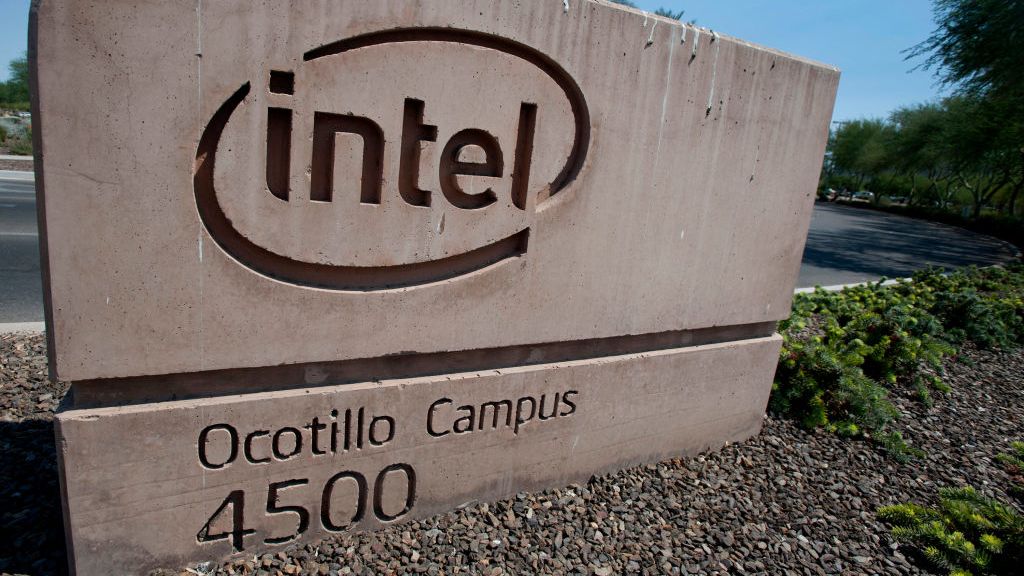Apple reportedly slashes iPhone 13 production due to chip crisis
Shortages of key components has forced Apple to cut production by as much as 10 million units


The global chip shortage is starting to impact iPhone 13 production, with Apple reportedly being forced to slash targets for 2021 by as much as 10 million units.
This is due to suppliers Broadcom and Texas Instruments being unable to deliver enough components for the flagship smartphone series, people familiar with the matter told Bloomberg.
As a result, Apple is reportedly being forced to revise its plans of producing 90 million iPhone 13 models in the final quarter of the year, with the company now aiming for an estimated 80 million instead. This could impact Apple’s sales for Q4, which is usually the busiest period for consumer orders.
Current UK delivery dates for the iPhone 13 are estimated between 29 October and 5 November, while those interested in the Pro iteration of the smartphone would have to wait over a month for their order – until 19 November.
The delayed parts in question are reportedly wireless components from Broadcom as well as a Texas Instruments chip responsible for powering the iPhone 13’s OLED display, although reports suggest that Apple is facing component shortages from other suppliers as well. Apple did not immediately respond to IT Pro's request for comment.
Shares of Apple fell 1.2% in after-hours trading following the publication of Bloomberg’s report, while Texas Instruments and Broadcom were both down around 1%.
News of iPhone 13 production being crippled by the chip crisis comes 12 months after Apple was hit by power chip shortages for last year's iPhone 12. The shortfall was blamed on an increase in demand for silicon, as well as supply chain issues related to the spread of coronavirus. However, this didn’t prevent the company from generating a record-high $64.7 billion (£47.5 billion) revenue in Q4 2020.
Sign up today and you will receive a free copy of our Future Focus 2025 report - the leading guidance on AI, cybersecurity and other IT challenges as per 700+ senior executives
The global chip shortage, which has been plaguing the tech and automotive industries since the start of the pandemic, has prompted Apple to join a growing number of companies in equipping its devices with its own custom processors in order to rely less on other companies. In April, the tech giant unveiled the M1 chip, its in-house processor for Mac computers, and it's expected to show off its second-generation ARM-based processor next week.
Having only graduated from City University in 2019, Sabina has already demonstrated her abilities as a keen writer and effective journalist. Currently a content writer for Drapers, Sabina spent a number of years writing for ITPro, specialising in networking and telecommunications, as well as charting the efforts of technology companies to improve their inclusion and diversity strategies, a topic close to her heart.
Sabina has also held a number of editorial roles at Harper's Bazaar, Cube Collective, and HighClouds.
-
 Westcon-Comstor enters Balkan market with REAL Security acquisition
Westcon-Comstor enters Balkan market with REAL Security acquisitionNews The acquisition gives the distribution giant immediate access to an established partner ecosystem spanning eight Balkan markets
-
 Inside the SME tech revolution: The quiet role of the channel in driving real change
Inside the SME tech revolution: The quiet role of the channel in driving real changeIndustry Insights Why the channel is becoming essential in guiding SME modernization.
-
 MSG giant Ajinomoto's chipmaking foray helps break financial records
MSG giant Ajinomoto's chipmaking foray helps break financial recordsNews In addition to umami seasoning, the company produces a microfilm insulation used by the semiconductor industry which was repurposed from its amino acid technology
-
 IBM unveils its 'most powerful' 433-qubit quantum processor
IBM unveils its 'most powerful' 433-qubit quantum processorNews The Osprey is three times more powerful than IBM's 127-qubit Eagle processor the company launched a year ago
-
 Blackberry revenue falls by 4% as cyber security division takes hit
Blackberry revenue falls by 4% as cyber security division takes hitNews Despite this, the company’s Internet of Things (IoT) division increased its revenue by 28% as it attracted new customers from the automotive sector
-
 SK Hynix splashes out $11 billion on new semiconductor plant
SK Hynix splashes out $11 billion on new semiconductor plantNews The company will produce memory chips, but will reportedly decided closer to the time whether they will be DRAM or NAND flash chips depending on market conditions
-
 Intel strikes $30 billion private equity partnership to fund Arizona plant expansion
Intel strikes $30 billion private equity partnership to fund Arizona plant expansionNews Brookfield Infrastructure Partners will invest around $15 billion into the expansion of the chipmaker’s Ocotillo campus
-
 The best 3D printer tools and accessories for your business
The best 3D printer tools and accessories for your businessIn-depth Every business using 3D printers should be aware of these essential extras to raise its output to the next level
-
 LED vs laser printers: What should your business choose?
LED vs laser printers: What should your business choose?In-depth Laser and LED printer technology is similar, but each come with their own unique benefits that could make them best for your company
-
 Intel to produce chips for Taiwanese manufacturer MediaTek
Intel to produce chips for Taiwanese manufacturer MediaTekNews The agreement comes after the US chip company managed to secure deals with Amazon and Qualcomm last year
